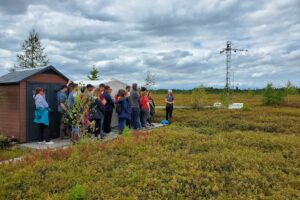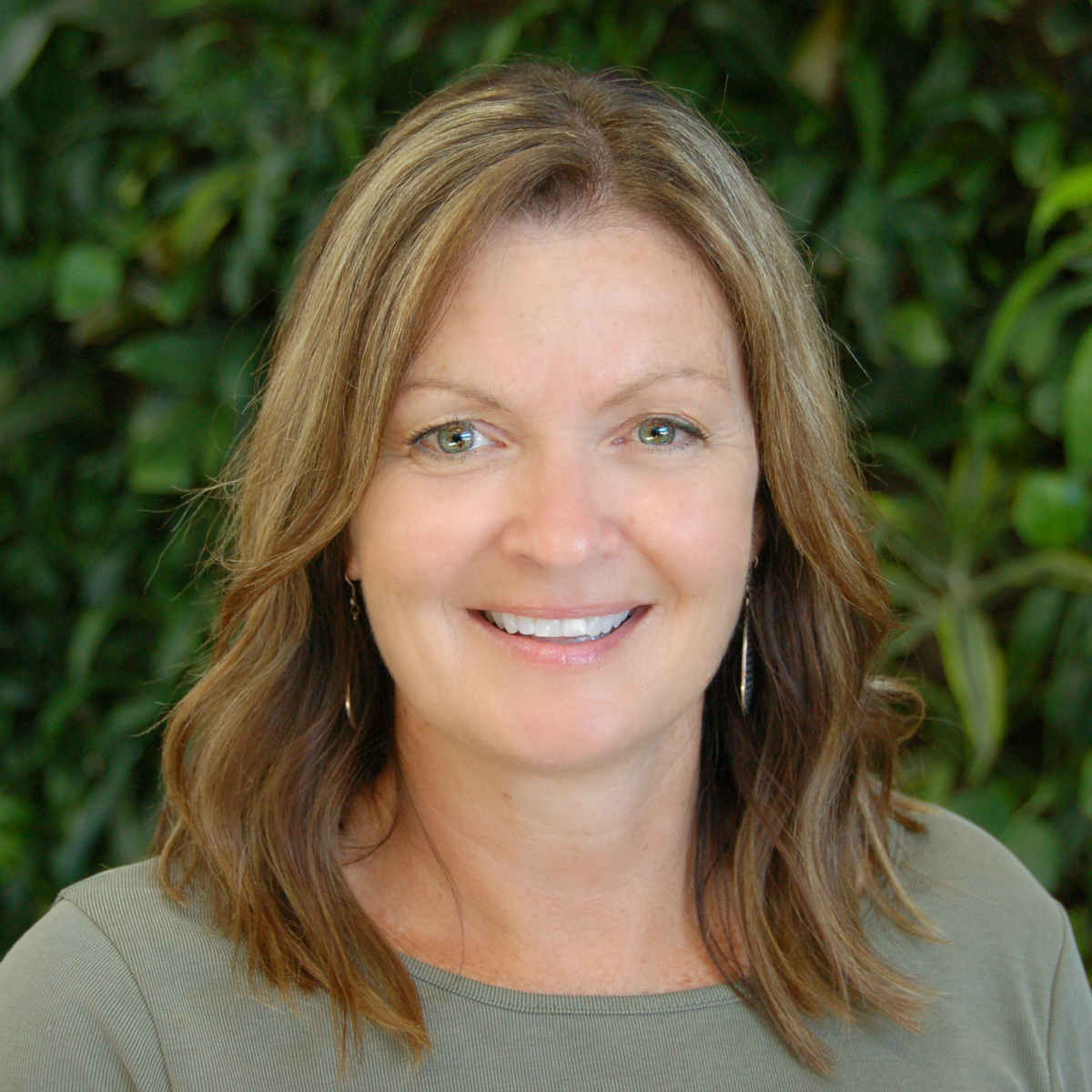Graduate Studies in Geography
In the Department of Geography and Environmental Studies we offer programs of study and research in physical and human geography leading to the degrees of Master of Arts (MA), Master of Science (MSc), and Doctor of Philosophy (PhD). We view the greatest strength of geography, as a discipline, is its ability to integrate and apply knowledge across the interface of the Earth’s social and environmental systems.
Graduate Programs

MA Geography

MSc Geography

PhD Geography
Program Information
Admission Requirements
Details on graduate admissions to our MA, MSc, and PhD programs.
Graduate Funding
Information on Admissions Funding, External Awards, and Government Assistance.
Our Graduate Students
Graduate profiles including our current students biographies and areas of research.
Questions?
If you’re interested in finding out more about our graduate programs, please get in touch with our graduate program administrator or our graduate program coordinator.
Who to Contact

Erin Johnston
- Graduate Administrator

Jennifer Ridgley
- Graduate Supervisor and Associate Professor